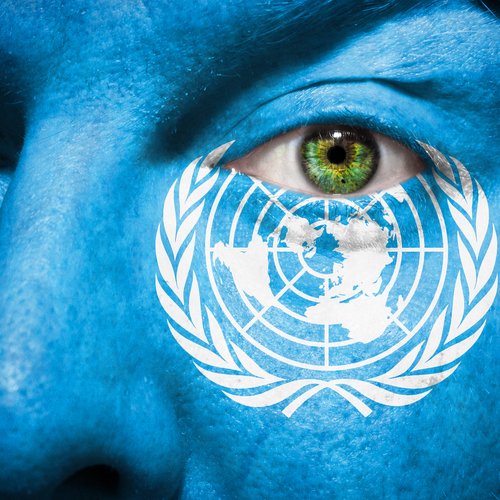ABSTRACT: Over the past two decades, the United Nations Security Council (UNSC) has increasingly dealt with new thematic issues and, particularly, with so-called “transnational security challenges.” What implications does this trend have? Focusing on conceptual dimensions, this article analyses whether, and how, the inclusion of transnational threats on the UNSC’s agenda affects its understanding of security. This work approaches the dynamics of threat politics in the UNSC from the perspective of securitisation theory and argues that security is reformulated in the process of securitisation. Deploying the example of the securitisation of terrorism and AIDS, this work assesses the dynamics of the (attempted) reinterpretation of security, highlights its effects, and discusses what further consequences and challenges this trend may produce.
Keywords: UN, UNSC, security, transnational threats, securitisation, terrorism, AIDS


